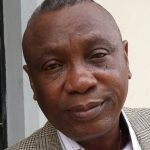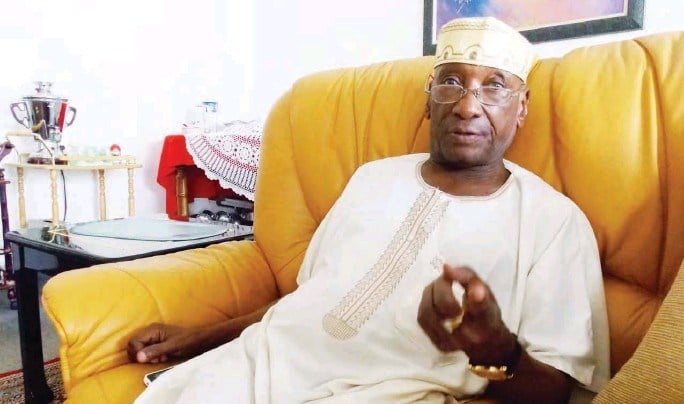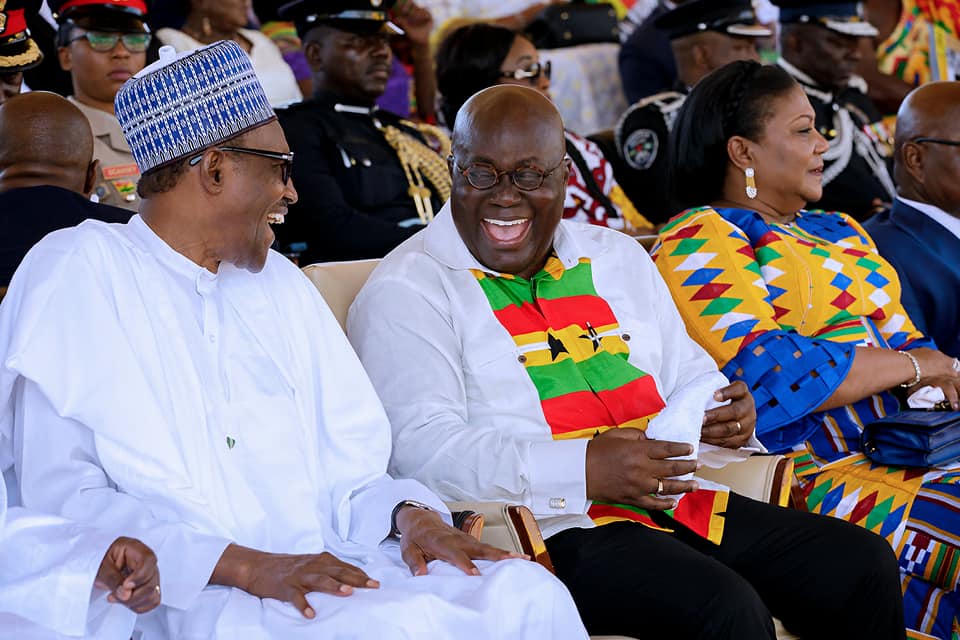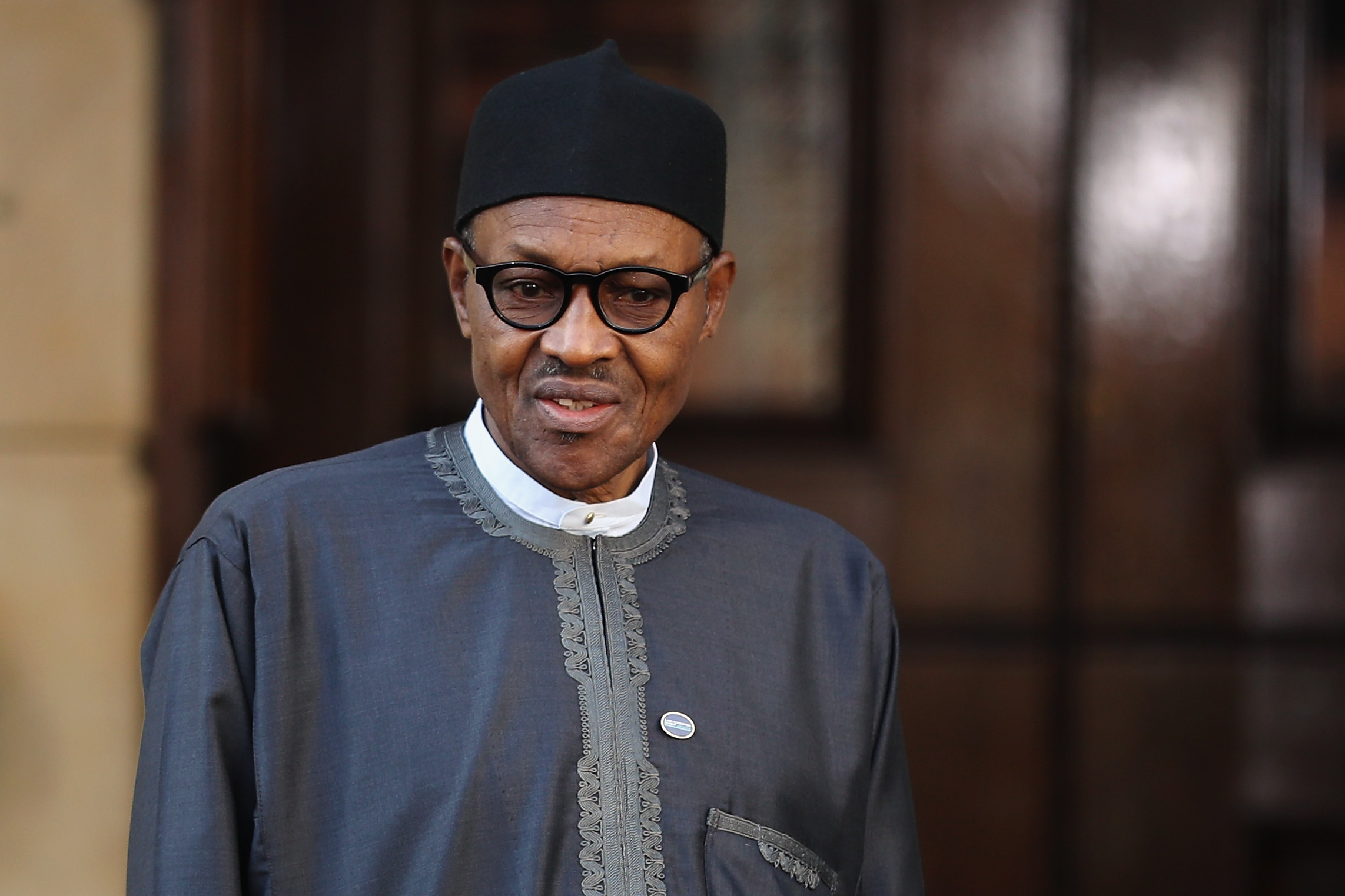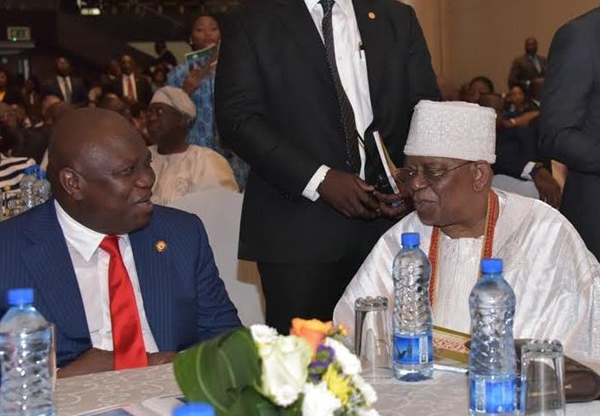Were he to be alive, Alhaji Gidado Idris (GCON) would be 82 next Thursday March 15. He passed on at a private hospital at Aso drive in Abuja on December 15 last year and was buried a few hours later according to Muslim rites. He was the first and only person till date who served two former Heads of State as Secretary to the Government of the Federation (General Sani Abacha and General Abdusalam Abubakar).
The presence of General Abubakar, many former Governors, many serving Ministers and numerous personalities across the country, at his funeral was a manifestation of the greatness of Alhaji Gidado Idris who opened doors of opportunities to many, including me. My condolence always to his widow, Hajia Mariam Gidado Idris, his children and grandchildren.
A lot has been written about him but I will like to refer to what he said of himself at a public lecture he delivered on February 12 1999, at the NIPPS, Kuru, Jos.
He declared on that night: “I joined the Nigerian Government on 1st April 1953 at the age of 18 as Third Class Clerk, and have remained a Civil Servant from that moment of my life till today. I have known no life outside the service, and have never ventured into anything for a single day outside this life. While this goldfish like existence may appear limiting to come, for me it afforded a unique opportunity to accomplish two key personal objectives; to serve the nation exclusively and totally and to acquire skills and experience that gave me adequate personal satisfaction.”
Advertisement
I mention these facts merely to lay the background for what I will outline as my personal perception of our journey as a nation, a journey in which I was most privilege to be an active traveller rather than a passenger. Without doubt, the civil service had occupied a central and strategic position in the evolution of our nation. It had, in itself, both facilitated and been affected by some of the monumental changes which have occurred in Nigeria for more than 70 years of our history. Of course, it naturally and principally functioned largely to underpin the major concerns and objectives of the dominant political interests at each stage in our evolutionary process. Nonetheless, its principal hallmark had been to provide a key instrument of governance and to guarantee stability and continuity. As an instrument structured to operate with established rules which sought to guarantee quality in its operations, it was meant to be insulated, not isolated from changes at the political level.
As Private Secretary to the late Premier of Northern Nigeria, I was privileged to observe at first hand the thinking and modus operandi of the late Premier and his colleagues at the terminal end of their tenure. What was particularly remarkable about the man himself was that in spite of the awesome powers which his office had, he constantly agonized over whether he deserved the perception o being a “bulldozer”. On many occasion he would ask those of us around him whether he was truly a dictator, and we would invariably tell him that I was inevitable that he would be seen in that light given his exceptionally strong will and unwavering vision. It was not flattery, but a fact, because he was also a man who was incredibly shy of hurting anyone, and would go to extraordinary lengths to seek for forgiveness whenever he felt he treated anyone of us unfairly.
I mention these personal attributes of the late Premier only to highlight the nature of the man who sat at the apex of an elaborate administrative structure that held together widely-varying elements in a Region that nurtured a constant fear of losing control over its destiny to rival interests within the federation. The notion of a Northern Region is an illusion; the reality was that the Northern Peoples Congress(NPC) administration faced real challenges not only from a political opposition represented by the NEPU and the tendencies is represented and championed, but there were also serious challenges posed by some minority groups o assert some degree of independence and identity. What created the illusion of a resolute North united behind the strong leadership of the Sardauna was the remarkable congruencies of both the political and bureaucratic elite around the belief that every community in the North needed to be –and was-incorporated into the system of governance.
Advertisement
It was inevitable that State civil services would register declines in professionalism, while at the Federal level, the service assumed greater roles as a result of the rapid changes in our national affairs. The execution of the civil war major inputs of the Federal Civil Service, not only in an advisory capacity, but in the traditional sense of ensuring continuity of governance in a period of intense crisis. It is important that this fact is grasped, because all too often the impression is created that the credit for the successful execution of the civil war belonged exclusively to the military. (indeed, it is a little known fact that the initial funds for military mobilization, especially the purchase of military hardware for the first stages of the civil war was secured from the frozen accounts of the Northern Peoples Congress (NPC), on the advice of Northern bureaucrats!)
Some of the key Permanent Secretaries who played pivotal roles in advising the Federal Government during the war, and provided a basis for stability and governance, ironically, became vilified later as Super-Perm Secs by the Press. If there was anything ‘Super’ about these experienced and competent bureaucrats, it was in the quality of service which they rendered. Given the relative lack of exposure of the national leadership which governed the nation from 1966 until the mid-70s, the contribution of this crop of bureaucrats was incalculable, and it is my fervent hope that history will someday accord them their due recognition.
The leadership question represents singularly the biggest challenge facing our nation today, because it anchors the entire National edifice. In the dignifying humility of Sir Abubakar Tafawa Balewa, in the vision and enterprise of Chief Obafemi Awolowo, in the courage and enterprise of Dr. Nnamdi Azikiwe or in the assertive confidence and piety of Sir Ahmadu Bello, those who inspire to lead us have unlimited role models.
Along with the emergence of a new set of Statesmen who will build on our strengths, we need to critically re-examine the structures of our economy and the federal system to which I have already alluded. In many ways, the two are inter-related. I have already asserted that the federal structure we presently operate creates avenues for monumental waste and little room for accountability and good governance. Just reflects the facts that we operate about 801 governments (Federal Government, 36 State Governments and 774 Local Governments) at the three tiers, each of which parades the full paraphernalia of executive power as well as full bureaucracies. I do not think there is a nation anywhere else in the World which devotes most resources to the purchase of vehicles for its officials at all levels than Nigeria.
Advertisement
Our nation will be infinitely richer, and our productive capacities must be bigger, if we were to address the major areas of waste created principally by the unnecessary costs of administration as well as unbridled abuse and profligacy by leaders who believe that the sole purpose of the public office is self-enrichment. New standards of public and private morality, must be evolved through conscious efforts spearheaded by the leadership, for no matter how perfect the institutional and structural arrangement we evolve, it is the quality of leadership that will determine whether it functions in accordance with its objectives or not.
Our federal system will also benefit from a dispassionate reassessment in terms of its ability to address the basic elements that constitute it. There can never be a perfect arrangement which will give to each federating unit and the centre adequate satisfaction. In fact, that it would seem to me, is the very reason why we are a federation: an agreement that we are better-off giving to each other parts of our own, and taking parts of others’ than we would all be if went it alone. Specifically, we need to come to terms with the basis of sharing the assets and liabilities of our national economy in such a way that we do not create the impression that some give more than they take. A useful starting point, to me, may be the recognition of basic rights of communities who, at each moment appear to be making greater sacrifices than others in terms of developing the national economy. This should be done strictly on the understanding that natural resources are liable to be found anywhere in the nation, and the principle must be define broadly enough to recognise the exploitation of, say, petroleum resources. An example here will be a parallel between the right of some communities in oil-producing area to adequate compensation for damage and appropriate allocations for development, and the right of the indigenous people of the Federal Capital Territory to adequate compensation for their land, and allocation of resources to development within the context of their environment.
If ever we needed stronger evidence that this principle must mean just an aspiration which we mouth periodically, we only need to revisit our recent history, when the consistent effort to subvert the emergence of genuine democracy and guarantee through its practice, social justice, brought this nation to near-destruction. I have said earlier that the military option is no more viable, and this means that if we cannot exist as democratic entity, we cannot exist as nation at all, period. But though some people tend to give this impression, we must acknowledge that democracy is not a free gift bestowed automatically on all nations. We have to work hard for it, and accept its blessings and periodic drawbacks. Leaders alone do not determine a democratic nation: on the contrary, it can only function and survive on widely shared values which take time to take root. As a nation, we must accept that for now it is only our deep-seated hunger for democratic governance that constitutes a tangible asset in our desire to build and effectively nurture the structures and values of democratic governance. The conduct and disposition of our political elite in the forthcoming political dispensation will be a major determinant of whether our peoples’ demand to be governed under principles of democracy will be met or not.
Teniola, a former director at the presidency, stays in Lagos.
Advertisement
Views expressed by contributors are strictly personal and not of TheCable.
